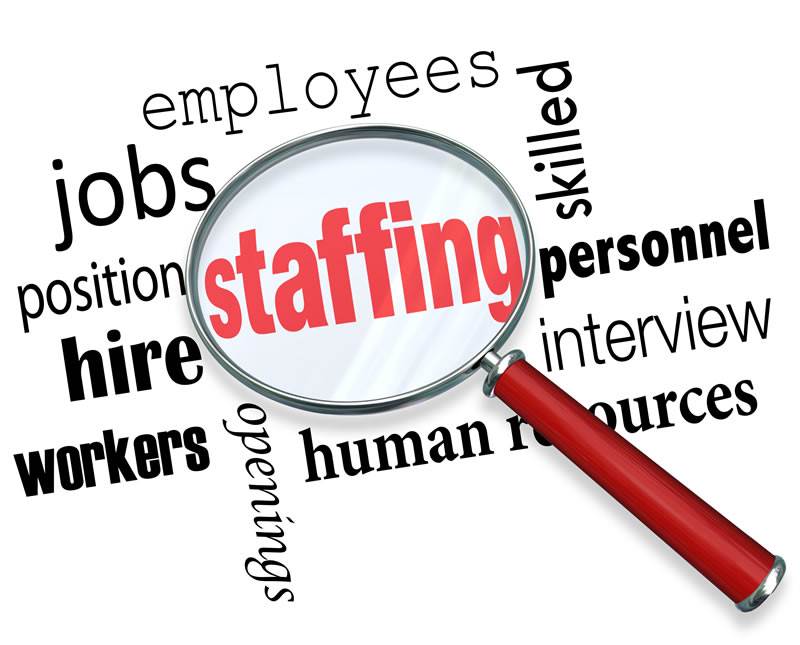
For the first time in at least 20 years, the United States recently found itself with more job openings than unemployed people.
Statistically speaking, there were 0.9 unemployed people per job opening.
Politicians naturally hailed the news as proof of a great economy, but employers saw the potential for trouble in the statistics. For them, the number is just the latest evidence of a lack of talent to fill openings, especially technical openings. Many worry the shortage could cool down a hot economy.
As Mark Roberts, CEO of TechServe Alliance, sees the situation, “We have hit a wall in terms of IT jobs growth. There are simply not enough qualified IT professionals to meet demand.”
One way hiring managers are dealing with the talent shortage is to consider bringing in more consultants. The freelance website Upwork recently worked with research firm Inavero to survey more than 1,000 U.S. hiring managers and found that 91 percent of HR managers have begun adopting more agile talent strategies.
The majority of the managers, 70 percent, are already using ‘flexible’ talent, including freelancers, temps, and agency workers, which is up seven percent from 2016. They also anticipate that the work done by flexible talent will increase by 179 percent in the next 10 years.
The skills gap is forcing HR teams to think beyond their traditional workforce. Sixty-two percent of HR managers cited talent shortages as the top driver for embracing a more flexible workforce.
Those survey results all add up to a positive picture for IT professionals who prefer to work as consultants, but it really doesn’t address the talent shortage. A pair of CEOs have a plan for that, and they’re calling for government action.
Ginni Rometty and Wes Bush, CEOs of IBM and Northrop Grumman, recently published an opinion piece on cnbc.com calling on Congress to pass an update to the Perkins Act that would prioritize existing federal education dollars for career and technical education (CTE) programs.
Both companies are currently sponsoring education programs. IBM launched the Pathways to Technology Early College High School - or P-TECH, a six-year program that offers students a combined high school and associates degree with concentration in STEM. Northrop Grumman is leading the High School Involvement Partnership public-private initiative, which has served more than 7,000 high school juniors and seniors through one-to-one mentoring and exposure to STEM fields and careers.
This push for government dollars to help increase the IT talent pool will take years to show results, which means the hiring managers who turn to flexible talent will soon discover the shortages of available IT consultants as well. Consultants can take advantage of a seller’s market, but keep an eye open for an economic slowdown.